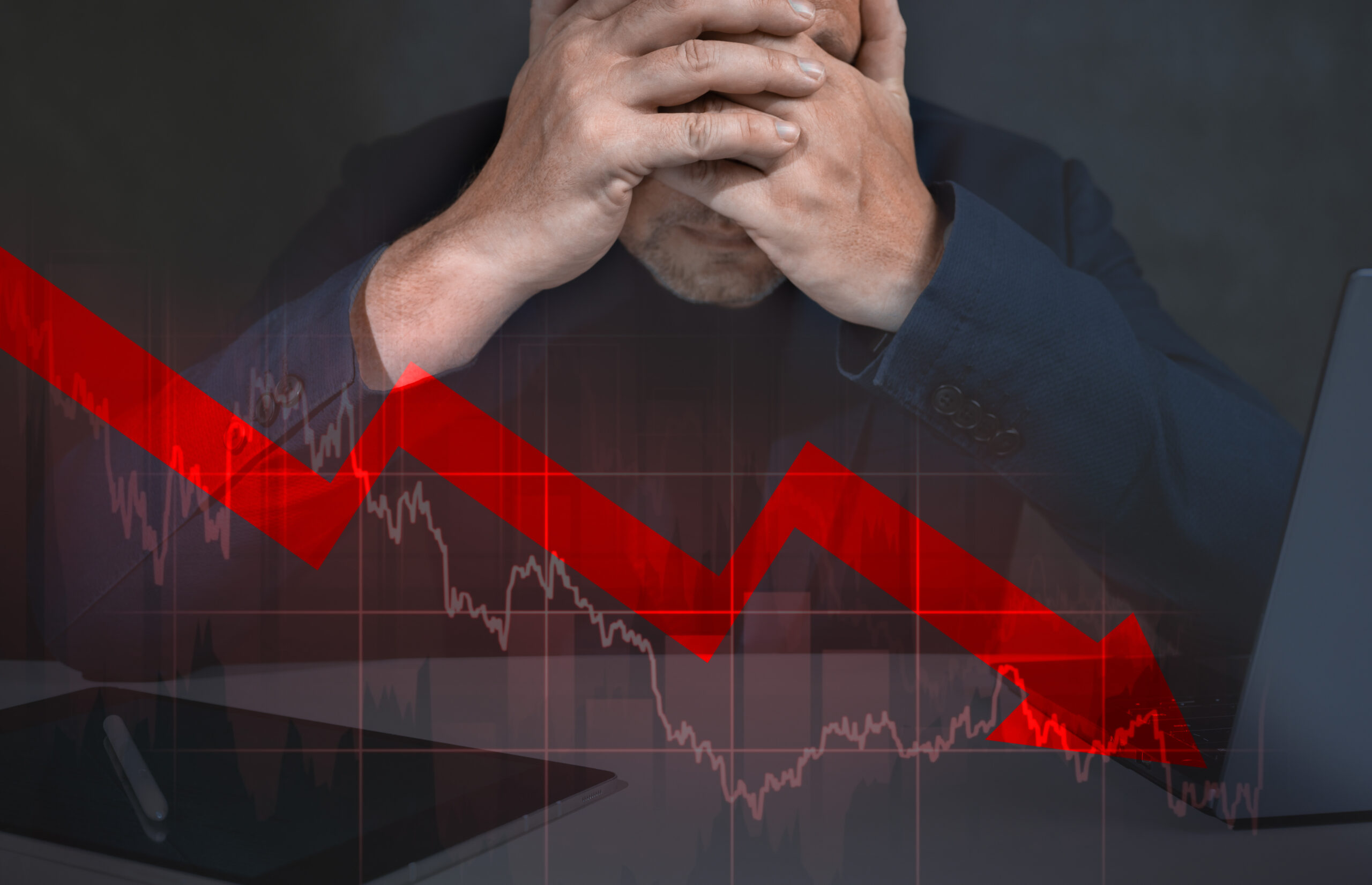The CBOE Volatility Index or VIX, which throws up market expectations for volatility over the next 30 days surged to its highest level in four years as global equities fell sharply.
Investors use the VIX- dubbed as the ‘Fear Index’ to measure the level of risk, fear, or stress in the market when making investment decisions.
Based on S&P 500 index options, the VIX was up by more than 172% on Monday morning, touching levels above 63. However, it later cooled to levels of 55.
This puts the VIX up a whopping 340% from a month ago, implying the erasure of trillion dollars worth of market cap at the S&P over the last month.
VIX highest since pandemic
On Friday, the VIX had jumped to its highest level of the year after a troubling jobs report exacerbated Wall Street’s fears about a weakening economy.
However, Monday’s spike was the highest the VIX has seen since March 2020, shortly after the Federal Reserve’s emergency actions during the Covid 19 pandemic, according to FactSet.
The VIX rose as high as 85.47 in March 2020, according to FactSet.
Before the pandemic, the VIX had spiked this significantly during the 2008 financial crisis. On October 24, 2008, the VIX reached an intraday high of 89.53.
The VIX usually spikes during market turmoil or periods of extreme uncertainty, however, they can also often be short-lived.
Since the Covid sell-off subsided, the VIX has been subdued, often trading below 20.
The S&P inched much closer to the correction territory.
Source: TradingView
Monday market mayhem and recession probability
US stocks fell sharply on Monday as part of a global market sell-off centered around US recession fears.
The prospect of a US recession has rattled global markets. Weak US jobs data released on the previous Friday exacerbated fears of an economic slowdown.
Investors were concerned that the Federal Reserve might have been too slow to respond to signs of cooling in the US economy and might need to cut interest rates.
According to Bloomberg, economists from Goldman Sachs have increased the probability of a recession in the US in the next year to 25% from 15%. They however also noted that there are “several reasons not to fear a slump”, despite a jump in unemployment, it added.
Japan’s Nikkei 225 plunged 12% in its worst day since the 1987 Black Monday crash for Wall Street. The yen’s appreciation against the dollar also impacted Japanese equities, adding to the market volatility.
This sell-off reflected broader concerns about global economic stability and was mirrored by declines in other Asian markets like India and South Korea.
The post Stock exchange bloodbath: Wall Street’s ‘Fear Index’ VIX soars, nears pandemic market rout appeared first on Invezz

